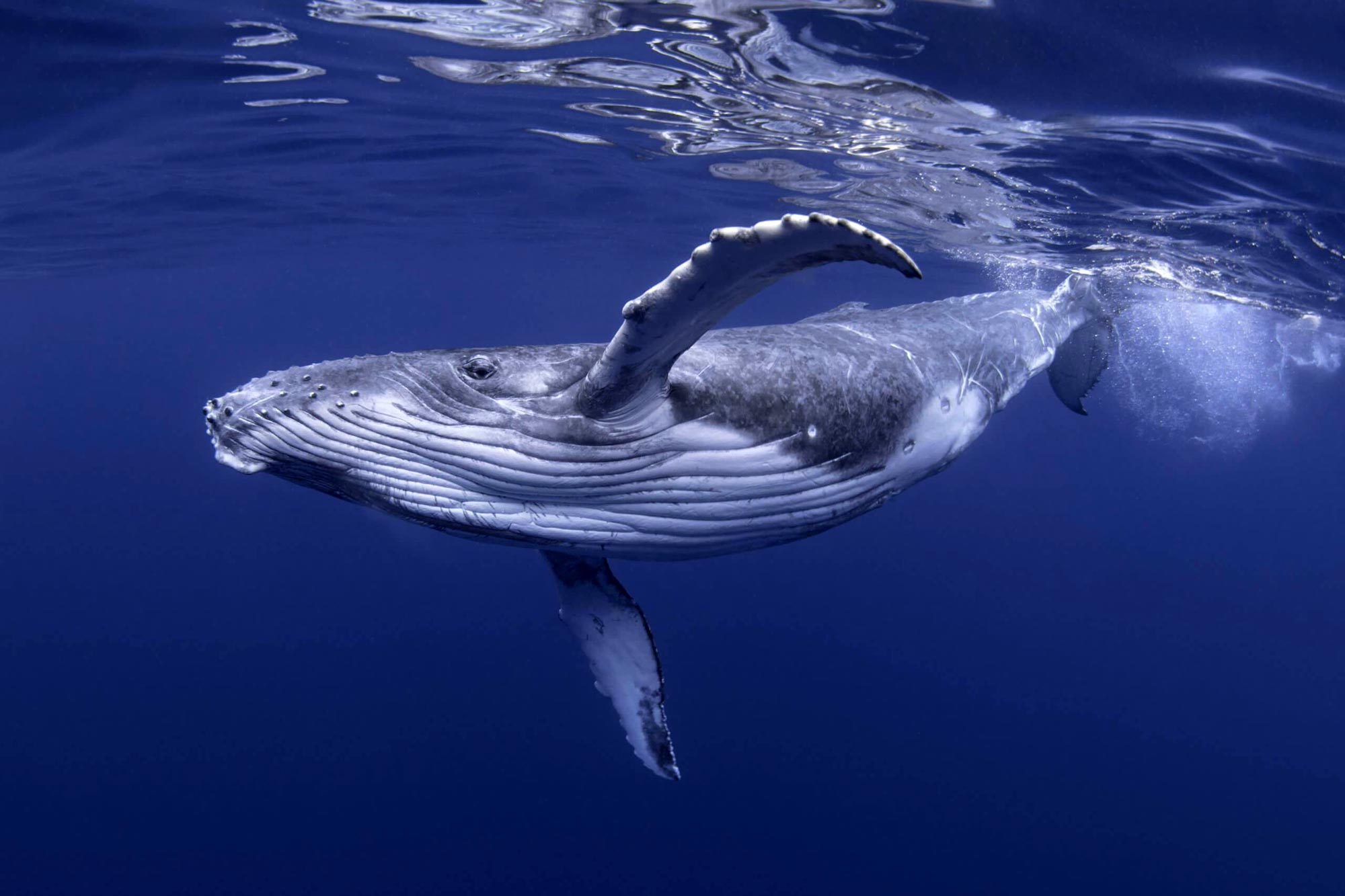
Whales are among the most majestic creatures on Earth, playing a critical role in maintaining the balance of marine ecosystems. However, these gentle giants face numerous threats, from pollution to hunting, that jeopardize their survival. By taking simple, practical steps, we can all contribute to saving the whales and protecting the health of our oceans. Here’s a guide to easy actions that can make a big difference.
Why Saving Whales Is Important
Whales are more than just fascinating animals; they are vital to the health of marine environments. Their movements help circulate nutrients in the ocean, benefiting marine life at all levels. When Save the Whales die naturally, their bodies sink to the ocean floor, providing a food source for countless deep-sea organisms. Protecting these creatures ensures the stability of marine ecosystems, which ultimately supports human life by maintaining global biodiversity.
Threats Whales Face Today
Before diving into the solutions, it’s essential to understand the threats whales encounter:
- Commercial Whaling: Despite international bans, illegal hunting for whale meat continues in some regions.
- Ocean Pollution: Plastic waste, chemical runoff, and oil spills severely affect whale health and their habitats.
- Ship Collisions: Whales are often injured or killed in accidents with large vessels.
- Climate Change: Rising sea temperatures and ocean acidification disrupt whales’ food sources and migration patterns.
- Entanglement in Fishing Gear: Many whales get caught in nets and lines, leading to injury or death.
Simple Actions to Save the Whales
1. Reduce Your Plastic Use
Plastic waste is one of the biggest threats to marine life. Whales often ingest plastic, mistaking it for food, which can lead to severe health issues or death. Here’s what you can do:
- Carry reusable bags, bottles, and straws.
- Avoid single-use plastics, such as cutlery, plates, or packaging.
- Participate in beach cleanups to prevent plastic from entering the ocean.
By minimizing plastic usage, you help reduce the pollution that harms whales and other marine species.
2. Choose Sustainable Seafood
Unsustainable fishing practices not only deplete the food sources whales rely on but also result in accidental whale entanglements. Opt for seafood certified by organizations like the Marine Stewardship Council (MSC) to ensure your choices support sustainable fishing.
3. Support Whale Conservation Organizations
Numerous groups work tirelessly to protect whales through research, rescue operations, and advocacy. Supporting these organizations can make a significant impact. You can:
- Donate to conservation groups like the International Whaling Commission (IWC) or Whale and Dolphin Conservation (WDC).
- Volunteer your time for local initiatives.
- Raise awareness about their efforts on social media or among your peers.
4. Advocate for Stronger Policies
Governments play a crucial role in whale conservation. By advocating for stricter laws and policies, you can help drive large-scale changes.
- Sign petitions supporting whale protection legislation.
- Contact your local representatives to express your concerns about marine conservation.
- Support bans on harmful activities like whaling and seismic testing in whale habitats.
5. Be a Responsible Ocean Visitor
If you’re lucky enough to encounter whales in their natural habitat, respect their space. Whale watching is a fantastic way to appreciate these creatures, but it must be done responsibly:
- Maintain a safe distance to avoid disturbing the whales.
- Choose eco-friendly tour operators that follow ethical practices.
- Avoid feeding or touching the animals.
6. Educate Yourself and Others
Awareness is a powerful tool for change. Learn about the challenges whales face and share that knowledge with friends and family. Host community events, such as documentary screenings or educational workshops, to inspire collective action.
7. Reduce Your Carbon Footprint
Climate change poses a significant threat to whale populations. To mitigate its impact:
- Use energy-efficient appliances.
- Drive less by walking, cycling, or using public transport.
- Support renewable energy sources like solar or wind power.
By reducing greenhouse gas emissions, you contribute to stabilizing the climate and protecting marine ecosystems.
8. Report Stranded or Injured Whales
If you encounter a stranded or injured whale, report it immediately to local authorities or wildlife rescue organizations. Quick action can save lives. Avoid attempting to intervene on your own, as it may cause more harm.
The Role of Innovation in Whale Conservation
Technology is playing an increasingly important role in whale protection. From drones monitoring populations to acoustic devices preventing ship collisions, innovation is helping us better understand and safeguard these creatures. Supporting and funding such technologies can amplify conservation efforts globally.
Inspiring Stories of Whale Conservation Success
Despite the challenges, there have been numerous victories in whale conservation:
- The Recovery of Humpback Whales: Once near extinction due to whaling, humpback whale populations have rebounded thanks to international protections.
- Protected Marine Areas: Countries worldwide have established marine sanctuaries to provide safe havens for whales.
- Innovative Fishing Gear: New designs minimize bycatch, reducing the number of whales entangled in fishing nets.
These successes remind us that collective action can lead to meaningful change.
Why Every Effort Counts
It’s easy to feel that individual actions are too small to make a difference. However, every step you take—whether it’s reducing plastic waste, supporting conservation efforts, or spreading awareness—adds up. When combined with the actions of others, these efforts create a powerful movement for change.
Conclusion
Saving the whales isn’t just about protecting a single species—it’s about preserving the delicate balance of life on Earth. By taking small, meaningful steps, we can all contribute to ensuring that future generations can marvel at these magnificent creatures.
The ocean’s health and the survival of whales are interconnected, and it’s our responsibility to protect both. Start today with one action, and you’ll be part of a larger solution to save the whales and our planet.
For more info: Antarctic Krill Oil





Leave a Reply